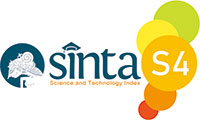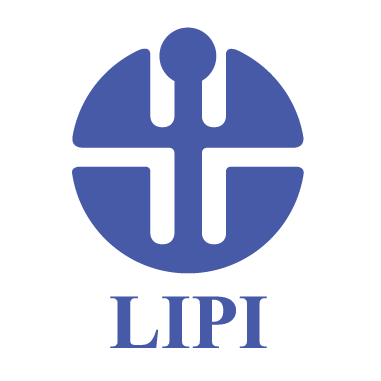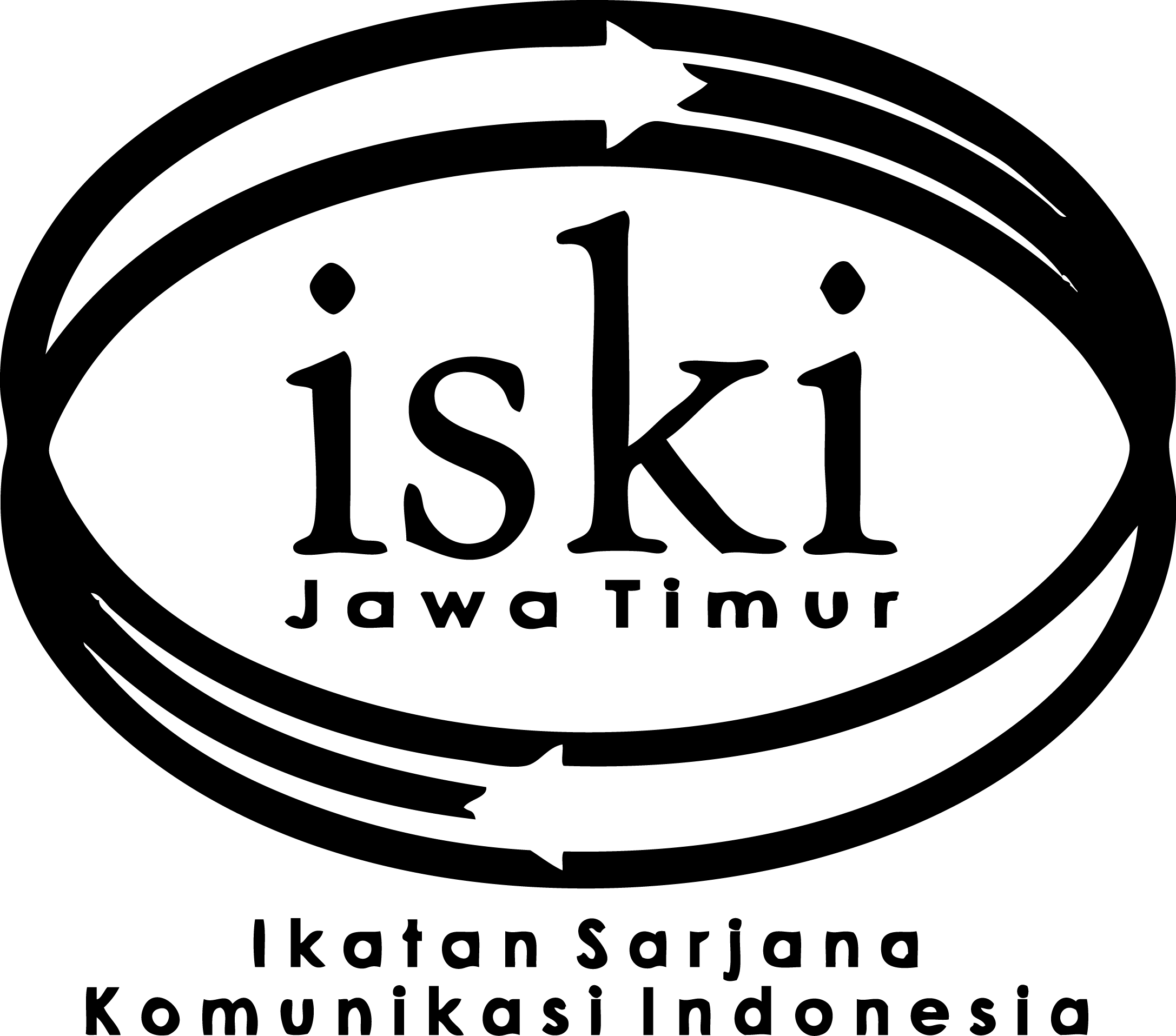Journalistic Ethics In The Post-Truth Era: Challenges And Implications In Mass Media
Keywords:
Integrity, Journalists, Media Ethics, Post-TruthAbstract
The post-truth era is characterized by the dominance of emotions and subjective opinions over objective facts, blurring the lines between reality and perception. This phenomenon poses serious challenges to journalistic integrity and ethical principles in journalistic work. This study aims to systematically review the scientific literature discussing ethical dilemmas, external pressures, and deviations in journalistic integrity between 2019 and 2024. By applying a systematic review approach and integrating three main theoretical frameworks, this study identifies the dynamics of roles, morality, and information interference that affect the quality of journalists' work. The analysis demonstrates the importance of ethical courage, institutional strengthening, and ongoing ethical literacy as the foundation for maintaining integrity amidst disinformation. This paper also proposes the Triadic Model of Integrity as a framework for further analysis and critical reflection on the realities of contemporary journalistic practice.References
AJI Indonesia. (2023). Report on Violence Against Journalists 2023. https://aji.or.id
Carlson, M. (2020). Fake news as an object of study. Digital Journalism, 8 (10), 145–162. https://doi.org/10.1080/21670811.2020.1760025
Carlsson, U. (2022). Freedom of expression and media ethics in post-truth times. Nordicom Review, 43(1), 23–40. https://doi.org/10.2478/nor-2022-0003
Craft, S., Vos, T. P., & Wolfgang, J. D. (2019). Journalistic roles and role performance. Journalism Studies, 17(7), 877–888.
Deuze, M. (2019). What journalism is (not). Social Media + Society, 5(3), 1–4. https://doi.org/10.1177/2056305119862641.
Dewan Pers (2023), Buku Saku Wartawan. Edisi Ke-17. Sekretariat Dewan Pers.
Ekström, M., & Shehata, A. (2020). Social media and pseudo-journalism. Journalism Studies, 19(12), 1821–1839.
Fengler, S., Eberwein, T., Mazzoleni, G., & Porlezza, C. (2022). Journalistic corruption. Journalism Studies, 23(4), 523–539. https://doi.org/10.1080/1461670X.2021.1991894
Ferrer-Conill, R., & Tandoc, E. C. (2020). The audience-oriented editor. Journalism Practice, 12(8), 976–985.
Flew, T., & Duffy, B. (2021). The crisis of trust. Information, Communication & Society, 24(2), 143–159.
Franks, S. (2020). Reporting disasters and media responsibility. Media and Crisis Studies, 3(1), 50–67.
Graves, L. (2020). Automated fact-checking. Reuters Institute.
Hanitzsch, T., & Vos, T. P. (2019). Journalism beyond democracy. Journalism, 20(1), 88–95.
Harcup, T. (2021). Journalism: Principles and practice (4th ed.). SAGE.
Himelboim, I., McCreery, S., & Smith, M. (2020). Twitter network analysis. Journal of Communication, 63(3), 405–423.
Iosifidis, P., & Nicoli, N. (2020). Digital democracy, social media and disinformation. Routledge.
Karlsson, M., & Clerwall, C. (2020). Transparency in journalism. Journalism Studies, 19(13), 1923–1932.
Lewis, S. C., & Usher, N. (2020). Collaboration in journalism. Digital Journalism, 8(1), 1–6.
Lukito, J. (2020). Disinformation and immigration politics. International Journal of Communication, 14 , 123–146.
McNair, B. (2020). Fake news: Falsehood and fantasy in journalism (Rev. ed.). Routledge.
Michailidou, A., & Trenz, H. J. (2021). Post-truth and crisis of trust. Media, Culture & Society, 43 (6), 1094–1111.
Molyneux, L., & Holton, A. (2020). Branding health journalism. Digital Journalism, 3 (2), 225–242.
Mulyawan, A (2025), Experience in carrying out the journalism profession. Interview by Zuhdiar Laeis.
Newman, N., et al. (2023). Digital News Report 2023 . Reuters Institute. https://reutersinstitute.politics.ox.ac.uk
Plaisance, P. L. (2020). Media ethics (3rd ed.). SAGE.
Postill, J. (2021). Populism and social media. Media, Culture & Society, 43(2), 345–363.
Rappler. (2022). Rappler’s legal battle. https://www.rappler.com
Reporters Without Borders. (2024). World Press Freedom Index 2024. https://rsf.org
Setiawan, A. (2023). Post-truth dan Jurnalisme di Indonesia. Jurnal Komunikasi Indonesia, 11(1), 55–72.
Singer, J. B. (2021). Journalistic transparency revisited. Digital Journalism, 9(3), 295–310.
Tandoc, E. C., Jenkins, J., & Craft, S. (2020). Fake news as a critical incident. Journalism Practice, 14(6), 733–743.
Tumber, H., & Waisbord, S. (2021). Media disinformation and populism. Routledge.
Vos, T. P., & Craft, S. (2020). Discursive construction of norms. Journalism Studies, 21(5), 556–573.
Wardle, C., & Derakhshan, H. (2021). Information disorder. Council of Europe.
Wasserman, H. (2020). Media, geopolitics, and power. University of Illinois Press.
Weaver, D. H., & Willnat, L. (2019). The global journalist. Routledge.
Zelizer, B. (2019). Why journalism matters. Polity Press.
Downloads
Published
How to Cite
Issue
Section
License
Copyright (c) 2025 Jurnal Spektrum Komunikasi

This work is licensed under a Creative Commons Attribution-NonCommercial-ShareAlike 4.0 International License.
























